Efficient Methods for Coupled Problems based on Cartesian Hierarchical Meshes
Please login to view abstract download link
The simulation of multi-physics problems usually requires the coupled solution of different sets of governing equations, often introducing various length and time scales. Therefore, these equations are typically solved numerically by individually optimized solution schemes. While the performance of the individual solution schemes is important, the coupling and data exchange between the methods can become a severe bottleneck especially on high performance computing systems involving massive parallel execution. On such systems, efficient coupling algorithms with minimized communication and synchronization are necessary, especially when adaptive mesh refinement and temporally changing domains are involved. Additionally, dynamic load balancing is required to maintain high parallel efficiency when the computational load changes. In this paper, two efficient coupling approaches for the prediction of multi-phase flows are presented. The first is formulated for the spray injection into combustion chambers, based on an Eulerian-Lagrangian two-way coupled method. In this case, the spray particles are tracked with the Lagrangian method, which is coupled to the flow field prediction. Thus, volume data of the velocity field and source terms must be exchanged between the Eulerian and Lagrangian solution schemes. To avoid waiting times during the parallel computation of the solution for a new time step, a novel non-blocking interleaved time step execution pattern is implemented for an efficient temporal coupling. Adaptive mesh refinement is used to efficiently resolve regions with high flow gradients and large spray particle density. The second approach allows us to simulate the heating process of freely moving, non-spherical, cold particles in a hot carrier fluid. Hereby, the heat conduction equation is solved within the freely moving particles to predict the conjugate heat transfer between the gas and particulate phases. The coupling between the temporally changing domains requires the exchange of surface data to ensure the correct energy exchange. Since the fluid and the solid particle domain share a joint hierarchical mesh, it is possible to partition the domains such that the data exchange across the surfaces can be performed by copying data in memory avoiding additional communication between parallel processes. The two coupling approaches are described in detail for the two multi-phase simulation methods and results are presented.

